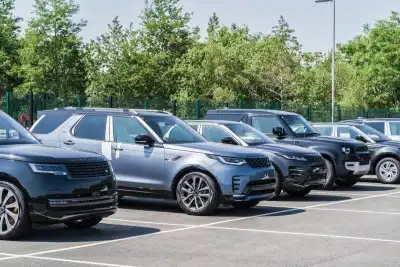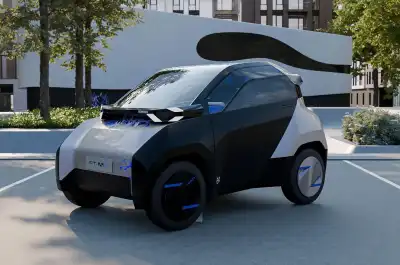
From 1st April 2025, electric vehicle (EV) owners in the UK will be required to pay Vehicle Excise Duty (VED) for the first time, ending a longstanding tax exemption. This change includes a significant cost increase for EVs priced over £40,000, as they will be subject to the 'Expensive Car Supplement' (ECS), a tax that has applied to petrol, diesel, and hybrid cars since 2017.
Check your car tax status here
How VED will apply to EVs
Under the new rules:
- All newly registered EVs will pay a first-year tax of £10.
- From the second year, all EVs will be subject to the standard annual VED rate of £195.
- EVs with an on-the-road (OTR) price above £40,000 will also be charged and additional £425 per year for five years, bringing the total annual cost to £620.
The ECS charge has been informally dubbed the 'Tesla tax' due to its disproportionate impact on premium EVs. Industry analysts estimate that around 70% of new battery-powered cars in the UK will be affected.
Manufactures respond by cutting prices
With the tax changes approaching, some car manufacturers are adjusting their strategies to help customers avoid the ECS charge.
Abarth, a subsidiary of Fiat, has reduced the price of its new 600e Scorpionissima from £41,975 to £39,875, bringing it below the £40,000 threshold. This ensures buyers won't have to pay the extra £425 annual charge.
Giuseppe Cava, UK Managing Director for Fiat and Abarth, explained: "Recognising that our top-of-the-range Abarth 600e Scorpionissima would have attracted the Expensive Car Supplement, we’ve reduced the price to protect our customers from this tax rise."
Other manufacturers with EVs priced just above £40,000 may follow suit in the coming weeks to maintain competitiveness, especially as private demand for EVs remains relatively low.
The reason behind the Tax change
The decision to tax EVs was first announced in November 2022 by then-Chancellor Jeremy Hunt as part of an effort to make motoring taxation "fairer". The Office for Budget Responsibility (OBR) had forecast that half of all new cars sold by 2025 would be electric, prompting the government to extend VED to zero-emission vehicles.
However, actual EV adoption has fallen short of projections. By 2024, electric cars account for only 19.6% of new vehicle registrations. Despite this, the Labour government will proceed with the planned taxation, eliminating one of the key financial incentives for EV ownership.
A hidden cost: optional extras can push EVs over the £40k threshold
One challenge for buyers is that the ECS applies to the total retail price of a vehicle, including option extras, rather than the final price a customer negotiates. Even if a dealer offers a discount, the DVLA calculates tax liability based on the manufacturer's recommended retail price (RRP) plus options.
This means that customers who order an EV with added features could unknowingly push their vehicle above the £40,000 limit and become subject to the ECS charge. Buyers need to be aware of this risk when configuring their new EVs.
With the new tax rules set to take effect in just weeks, prospective EV buyers must factor these costs into their purchasing decisions. More brands may adjust pricing to stay below the ECS threshold, but for many, the cost of EV ownership is about to rise significantly.




